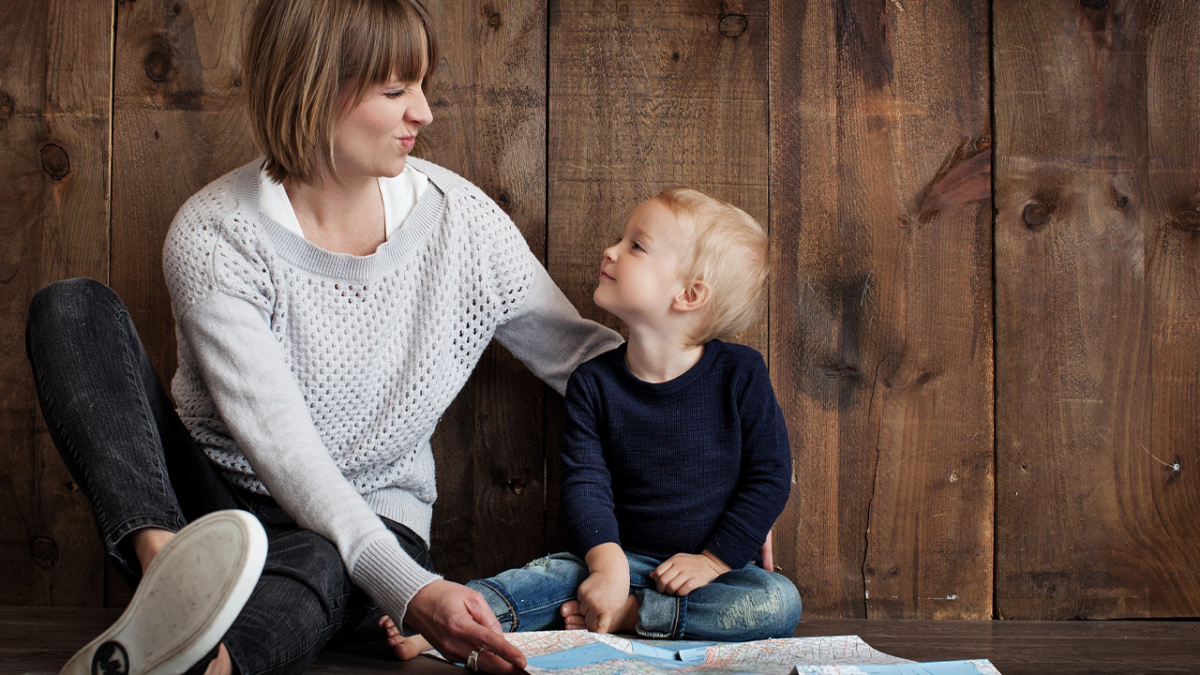When two people decide to separate or divorce, the first question they usually must answer is, “What’s best for the children?” Well, according to the Third International Conference on Shared Parenting, co-sponsored by the National Parents Organization and the International Council on Shared Parenting, children need both parents in their life, no matter how those two adults feel about each other. It is for this reason that most child health experts agree that co-parenting is in the best interests of children of divorce.
The latest research indicates that children of divorce, who have parents who agree to co-parent, can grow up just as well and adjusted as those children from homes where parents had successful marriages. They may actually fair a little better and have a lower divorce rate themselves and be more successful in their careers. Why is this?
Children that come from co-parenting learn how to proactively create good situations. They also see their parents working together for THEIR benefit, which gives them a healthy sense of self-worth. And, seeing parents successfully communicating with one another teaches them how to have good relationships with others.
Tips for Co-Parenting
Co-parenting will take some practice to get it right. Here are some tips for you and your parenting partner:
Make a Commitment
This journey will be bumpy. Make a commitment to your children and promise to have open and honest communication where their well-being is concerned.
Have Rules
Rules for each household should be agreed upon at the very beginning. Your children will test you both. Rules will help to ensure routine and structure, which they need greatly.
Avoid Negative Talk
While you may have issues with your ex, that is still your child’s parent. Refrain from “trash talking” the other around your children.
Seek Counsel
If you need help with lines of communication or help putting in place a comprehensive co-parenting plan, I encourage you to seek the guidance of a trained family therapist. He or she can navigate these choppy waters so everything is done with your child’s best interests in mind.
If you’d like to work with a family therapist who is caring, nurturing, and never judgmental, please reach out to my office.
SOURCES:
